Session 1, State of the Nation
Sveinung Rotevatn, Minister of Climate and Environment

Sveinung Rotevatn is a Norwegian politician for the Liberal Party. Rotevatn has a master's degree in law from the University of Bergen. He has served as Minister of Climate and the Environment since January 2020. Prior to that, he served as a state secretary at the same department from 2018 to 2020.
Caroline Persson Hager, Deloitte Norway

The Climate and Environment Ministry of Norway have commission Deloitte to prepare a knowledge foundation for the Norwegian national circular economy strategy. The report covers key potentials, barriers and policy measures for a circular economy in Norway. Deloitte will present key findings from the report.
Susie Jahren, Circular Economy Lead, SINTEF

Susie Jahren will present the latest studies on circular economy impacts on emissions, value and job creation . SINTEF develops expertise and technology through cross-disciplinary co-creation with Norwegian industry shaping the future of circular business: Profitable and sustainable. Together with industry leaders and commission by ENOVA and the Climate and Environment department SINTEF has carried out analysis of the impact of a Norwegian circular economic model on jobs, value creation and emissions.
Jacob Mehus, Managing Director, Standards Norway: Standards as a driving force in the circular economy
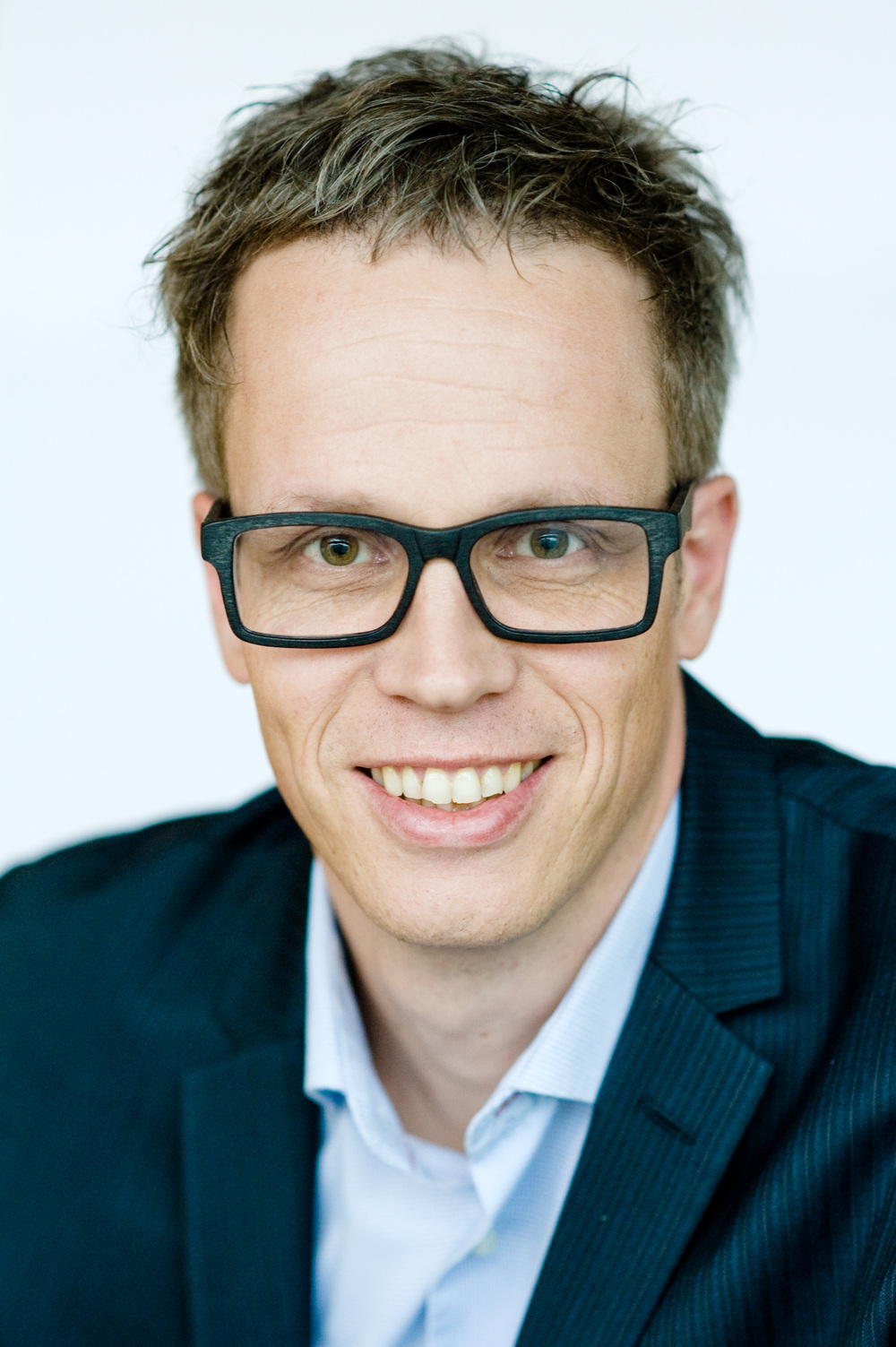
Jacob Mehus is managing director of Standards Norway. Before joining Standards Norway, his work experience included research at the Norwegian Institute of Building Research. Mehus has extensive domestic and international experience in management, project management, marketing and sales. Among other things, he has worked extensively with IT development as a prerequisite for business development and rationalization, and he is concerned with standardization as a force for innovation. He is Vice-President of the Presidential Committee of CEN and CENELEC (the European Committee for Standardization and the European Committee for Electrotechnical Standardization). Jacob Mehus holds a Master of Science degree from Iowa State University and has post-graduate courses in economics and management from Stanford University, USA.
Inger Solberg, Sustainability Director, Innovation Norway
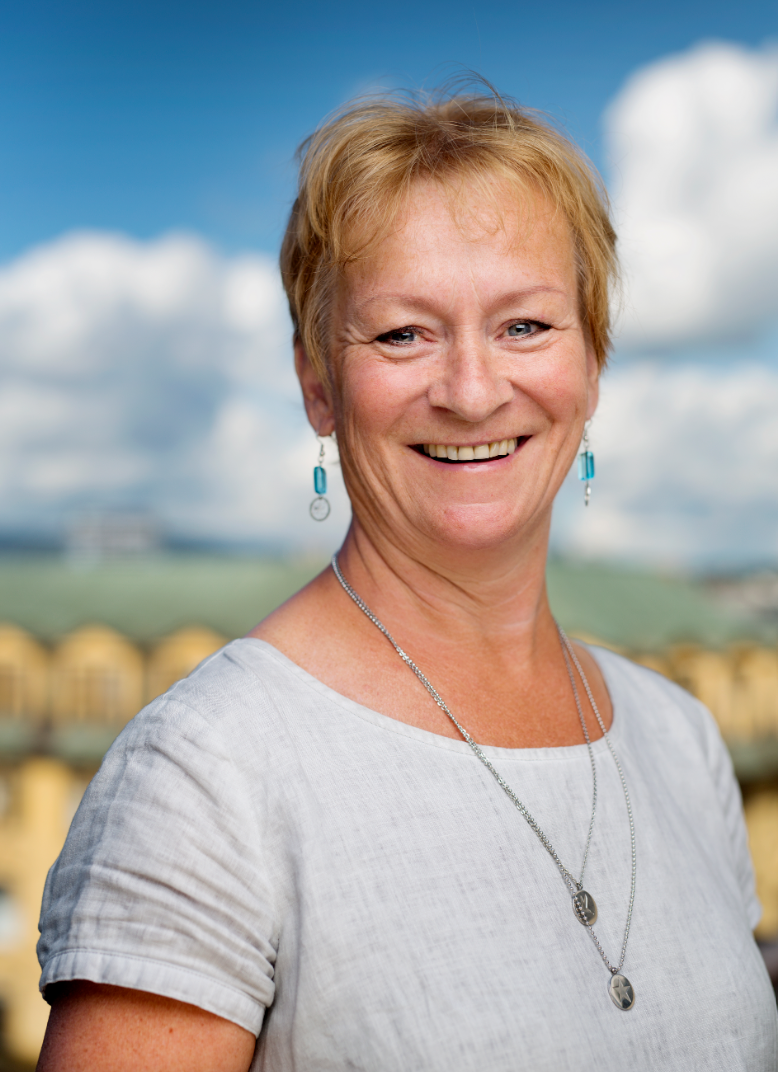
How can the business support system contribute to a circular transition? Innovation Norway has taken a proactive role in the effort of steering companies towards thinking and acting in a more sustainable way, but how can we contribute further to enhancing a circular economy? What are the main barriers for a true circular transition?
Alexander Christiansen, Project Manager, Circular Norway: The gap report

Circular Norway is a member-organization with focus on circular economy in Norway. Circular Norways goal is to restructure the industry and business community in Norway to a circular economy by creating sustainable growth and new jobs through innovation, imparting of knowledge and sustainable policies. Circular Norways gap report aims to analyse and evaluate how circular Norway is as a country. The report will establish a collective measurement for the Norwegian society as well as the Norwegian business industry. The report aims to measure the both the barriers and possibilities Norway may face in a transition to a circular economy.
Kim Gabrielli, Executive Director, United Nations Global Compact Norway

The UN Global Compact Norway presents a Stakeholder Report from the 2020 workshops within the Action Platform on Circular and Carbon-neutral Business Models. 30 Norwegian companies and organizations with a total turnover of more than 150 billion NOK and 80,000 employees work together to find concrete business opportunities within circular economy and carbon neutrality. The work is led by the UN Global Compact Norway with the main partners Asplan Viak, SINTEF, Circular Norway and Circular Regions. Several of Norway's largest and most well-known companies, such as Orkla, Schibsted, Kongsberg Gruppen, Posten and Jotun, and organizations are now joining forces on specific business opportunities.
Session 2, Voices of expertise
Walter Stahel, Founder and Director of the Product-Life Institute Geneva
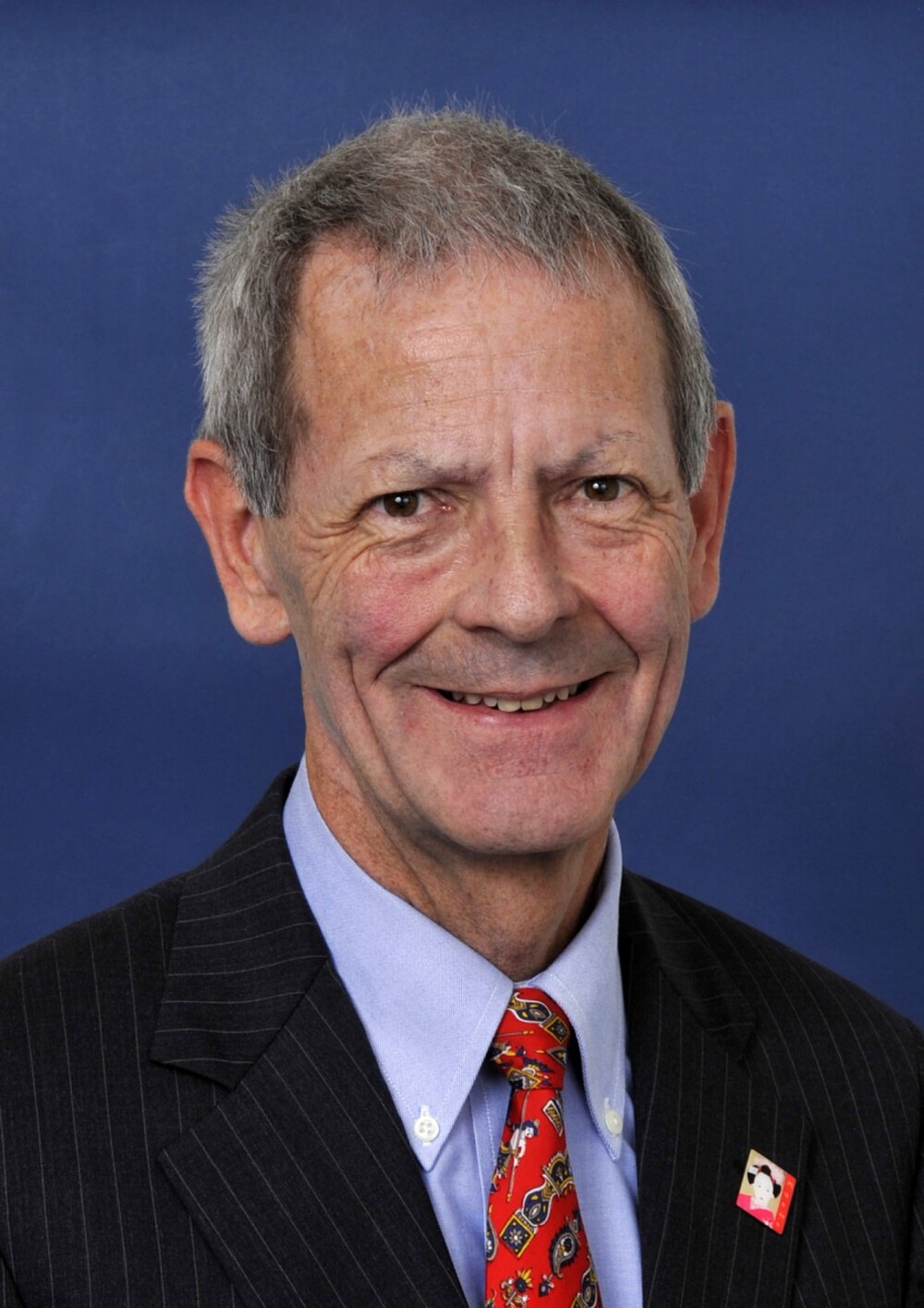
Walter Stahel has been the founder and director of the Product-Life Institute (Switzerland) since 1983, the oldest consultancy in Europe devotedto developing sustainable strategies and policies. From 1986 to 2014, he was also director of risk management research at the Geneva Association. Currently, Walter Stahel works as an author, keynote speaker and storyteller.
He promotes understanding of the structure of an economy in loops and its drivers and obstacles (circular industrial economy), spreads knowledge about the competitiveness of a performance economy selling goods and molecules as a service, and identifies the levers to speed up the shift from a linear industrial economy managing flows to a circular economy managing stocks. He does this through workshops, lectures and policy groups.
Edgar Hertwich, NTNU and lead of resource efficiency and climate change of the UN International Resource Panel: Material use within the carbon budget

Edgar Hertwich is International Chair in Industrial Ecology at NTNU and professor at the Department of Energy and Process Engineering. He serves as leader of the research area Circular Economy of NTNU Sustainability. He leads the work on resource efficiency and climate change of the International Resource Panel and serves Immediate Past President of the International Society for Industrial Ecology. He also serves as an Executive Fellow at the Yale School of the Environment.
Marek Harsdorff, Economist in the Green Jobs Programme International Labour Organisation: How to transition to a circular economic structure while maximising jobs, minimizing losses and ensuring it is just?

Marek Harsdorff is currently an economist in the Green Jobs Programme, ILO, specialized in development cooperation and environmental economics. His main works include economic research on Green Jobs contributing to global reports and country assessments, assistance to countries to develop employment-led green economy strategies and design and management of technical cooperation programmes to create green jobs. Mr.Harsdorff has profound skills in economic input-output modelling of employment effects of green policies and experiences in applying scientific research for informed policy making.
Ladeja Godina Košir, Chair of the European Circular Economy Stakeholder Platform and Founder Circular Change
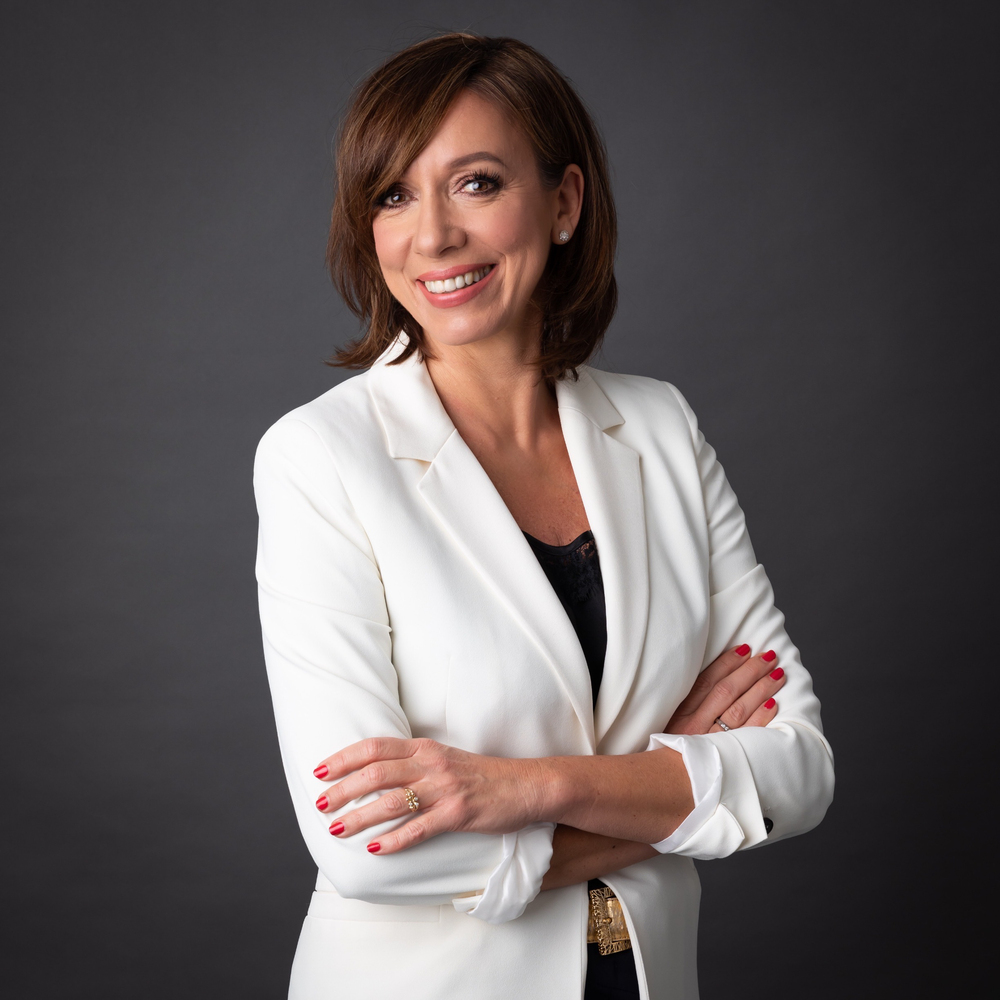
Ladeja Godina Košir is recognised as the regional "engine of circular economy". She is the founder and executive director of the Circular Change platform, finalist of The Circular Leadership Award 2018 and Chair of the European Circular Economy Stakeholder Platform. Ladeja has more than 20 years’ experience in communications on economic and societal transformation across the Adriatic region, empowering a new narrative of circular culture.
Kari Herlevi, project director in Sitra’s Circular economy focus area
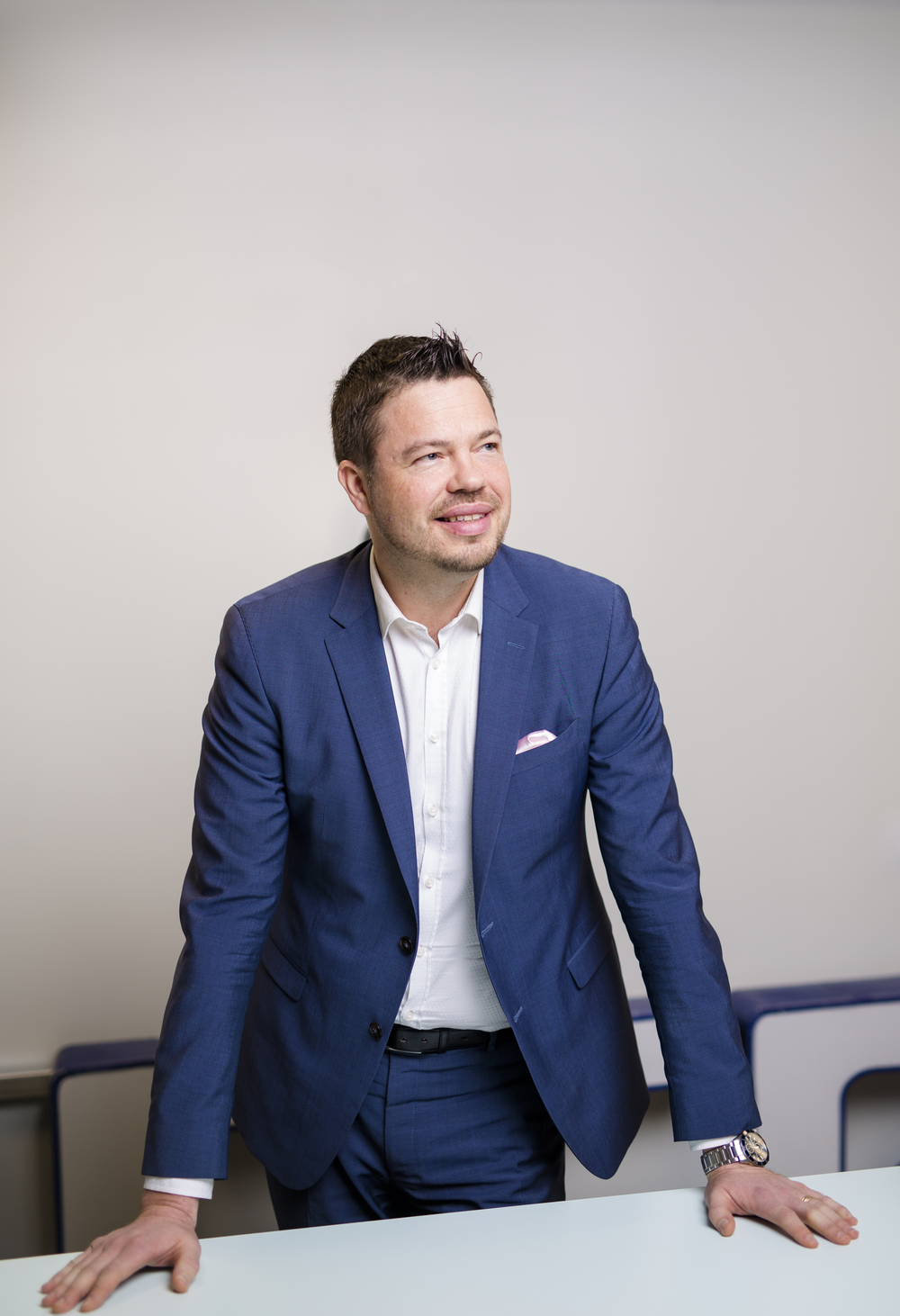
Kari is a multi-skilled circular economy expert, who is currently leading the circular economy focus area at Sitra, the Finnish Innovation Fund. Previously responsible for the Resource efficient economy area in Tekes, the Finnish Funding Agency for Innovation, he managed the Green Growth – Towards a sustainable future programme, which aimed to identify potential new growth areas for the sustainable economy business.
Kari has also worked in the Tekes Silicon Valley office for a few years and his special interests are circular economy, fast growing cleantech firms and developing countries like BRIC. Kari has Master’s degrees in finance and political sciences.
Session 3, Voices of experience
Irene Vestby, Industrial Green Tech, Hubs4Circularity: The regional approach to circular transition

Industrial Green Tech is a regional cluster, aiming at making Telemark the worlds first climate positive industry region. To achieve this ambitious goal, industrial circular economy is one of four main focus areas.
Camilla Brox, Managing Director Norwegian Centre of Circular Economy
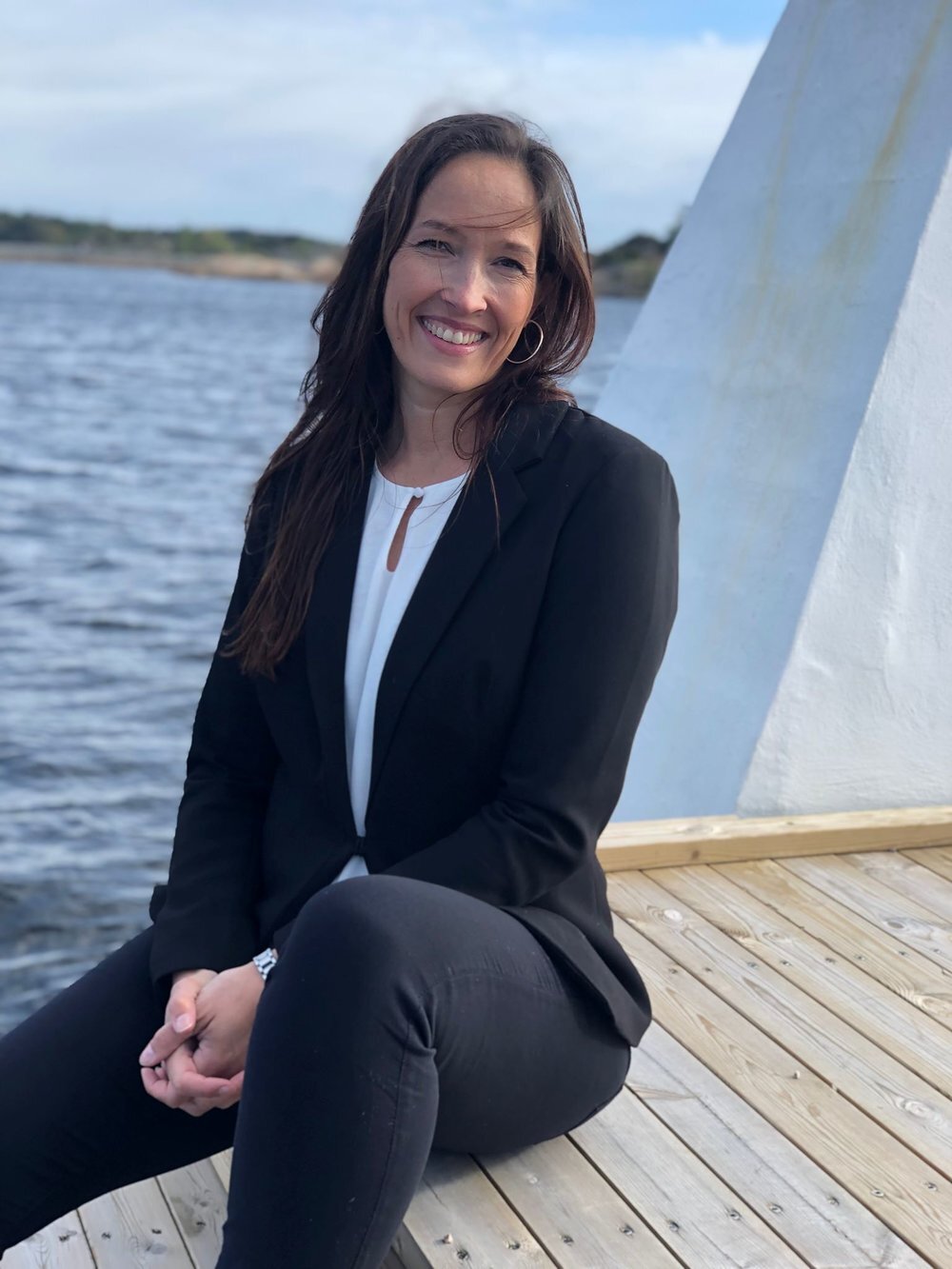
Norwegian Centre of Circular Economy is a development center for industry, other businesses and public companies that sees business opportunities in the circular economy and the green shift. NCCE offers advisory, test and lab facilities as well as a national resource bank for circular economy.
Nina Schefte, Hydro
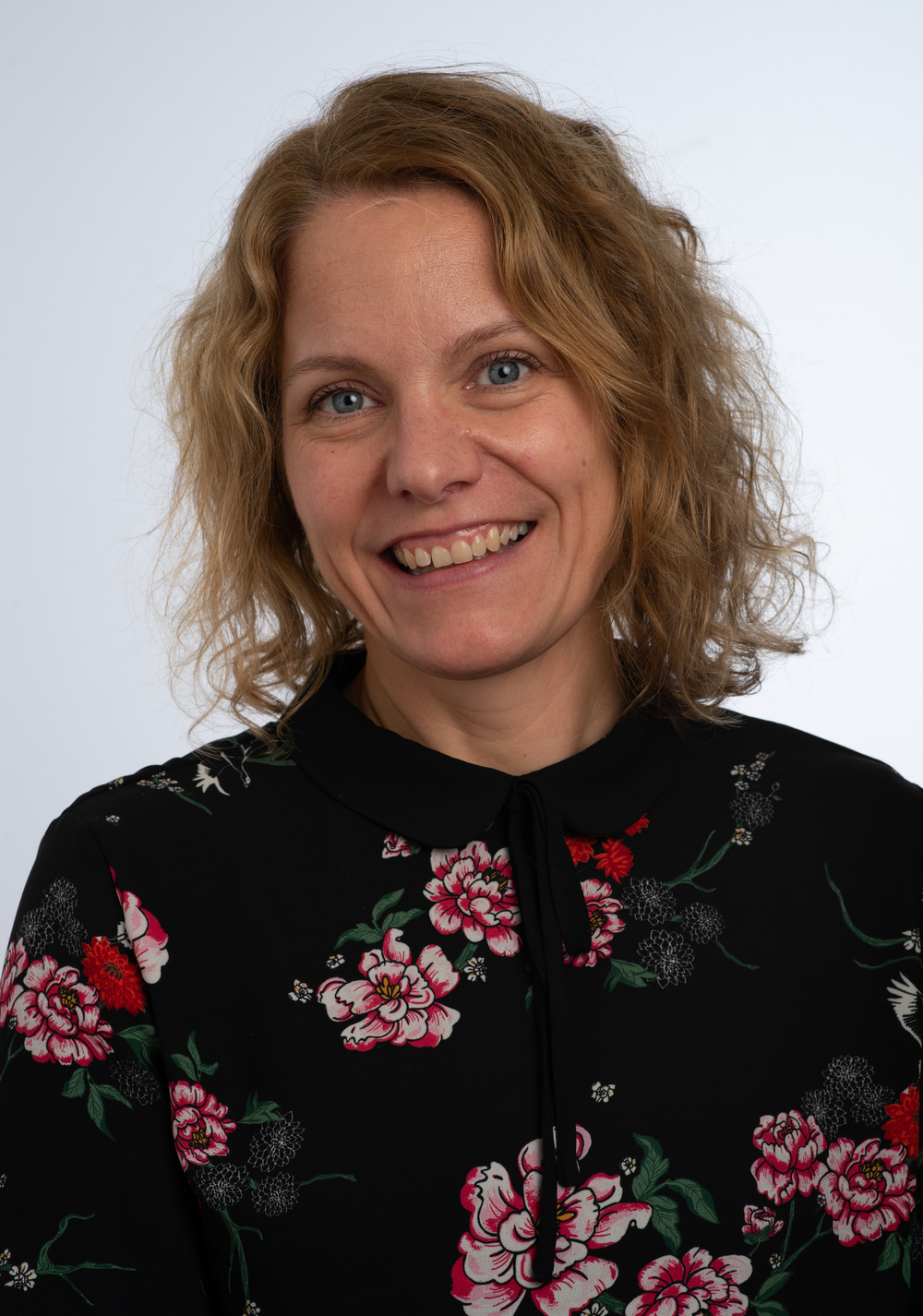
Hydro is a world leader in producing green primary and recycled aluminium. The company has been actively engaged in Process 21 and contributes in the development of circular economy solutions globally. Nina Schefte is part of Group Sustainability in Hydro. She has more than 20 years of professional experience from environmental and social responsibility in the public and private sector. She holds a master in environmental engineering from NTNU Norway and RWTH Germany and a master of management in strategic collaboration. Her experience includes Sustainability Manager for IKEA Norway and consultant within sustainability and circular economy for a wide range of companies.
Fredrik Andresen, HydroVolt/Batteriretur: Opportunities and closing the loop for batteries in Norway

In June 2020 Hydro, Northvolt and Batteriretur formed a joint venture, Hydro Volt, to enable recycling of battery materials and aluminum from the Norwegian market for electric vehicles. Hydro Volt will establish a recycling hub in Norway which will start operations in 2021. The launch of the joint venture follows an investment in Northvolt by Hydro in 2019 and further strengthens the partnership between the battery manufacturer and the aluminum company, which is based around advancing circular industry technologies and material flows.
Wilhelm Myrer, Empower, Digital infrastructure for a circular economy
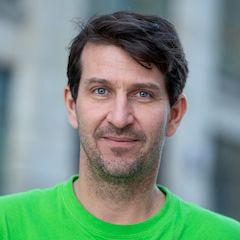
Wilhelm Myrer is serial entrepreneur with 15 years experience in starting and building technology and energy ventures. He is currently the Founder & CEO of the clean-tech company Empower, building a global plastic waste deposit system powered by blockchain technology and the Chairman of the Oslo Blockchain Cluster.
Pieter van Exter, Metabolic: Harnessing technology and systems change strategies to accelerate a circular economy
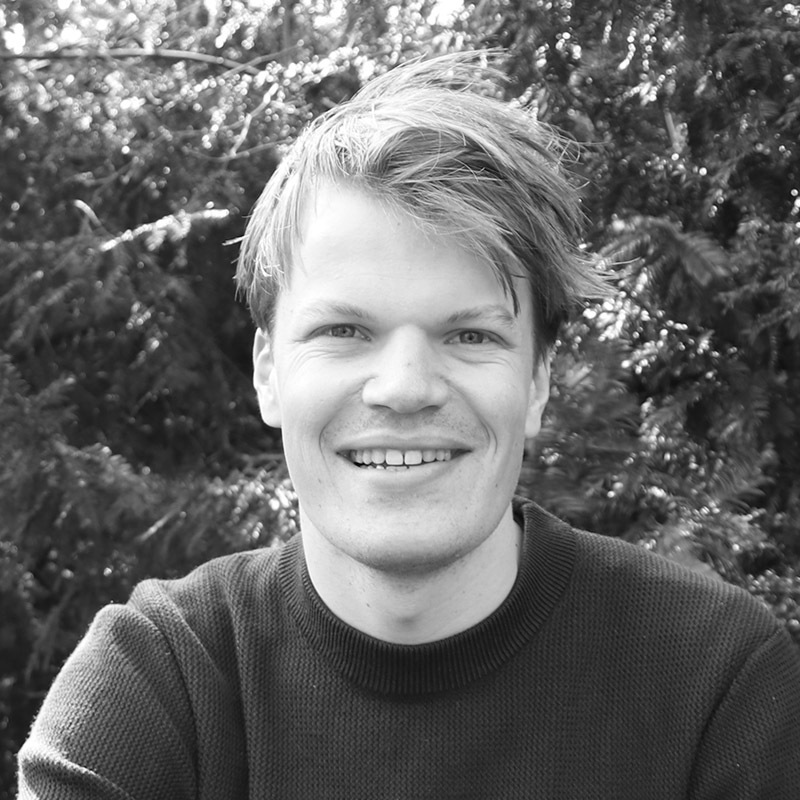
Pieter leads the circular industries team at Metabolic, an Amsterdam-based organization that uses systems thinking to tackle global sustainability challenges. Pieter’s core specialties include systems modelling, material flow analysis, energy systems, and life cycle assessments. He believes that, with the right tools, we can implement systemic changes that support human wellbeing while staying within the boundaries of our planet.
























